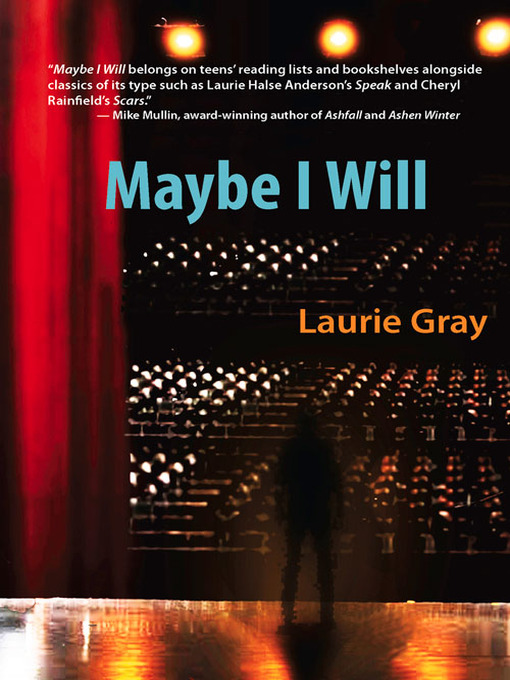Drawing on her years of experience as a deputy prosecuting attorney who dealt with crimes against children, author Laurie Gray presents a compelling, haunting picture of the realities of sexual assault in this affecting novel. The story describes how one secret act of violence can change everything: how best friends can vanish when needed most; how the parents, teachers, counselors, and police officers who are supposed to help may prove skeptical; how difficult it is to know who to trust and how easy it is to slip into drinking, stealing, and lying; how the choice may come down to ending it all or starting over. Throughout it all, the gender of the protagonist remains ambiguous, emphasizing that so many of these acts of violence aren't about gender or sex.
- New eBook additions
- New kids additions
- New teen additions
- Most popular
- Try something different
- See all ebooks collections
- Available now
- New audiobook additions
- New kids additions
- New teen additions
- Most popular
- Try something different
- See all audiobooks collections




